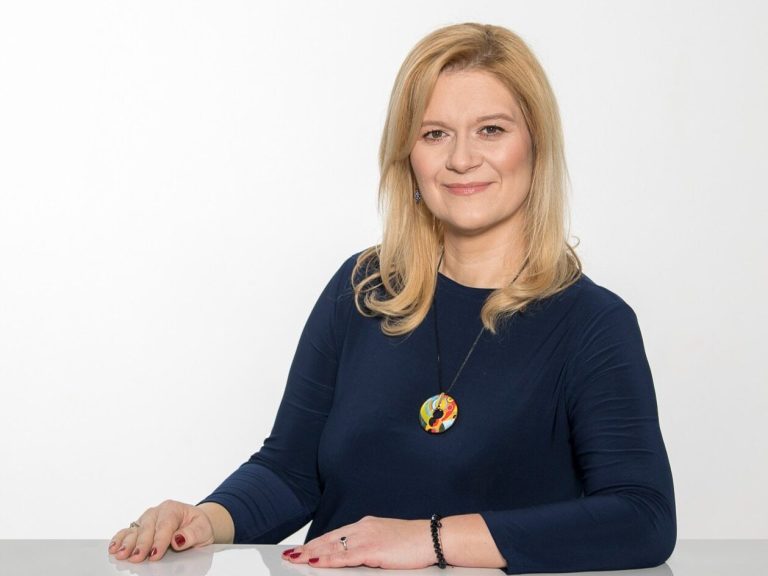Will pharmacists have limits on dispensing the morning-after pill? A decisive response from the National Health Fund

There has been a lot of talk in the media about potential limits that would be imposed on pharmacists when it comes to writing prescriptions for the morning-after pill. Check how the National Health Fund responded to these speculations.
From May 1, 2024, it is possible to buy the morning-after pill without a prescription for people over 15 years of age. This is being done as part of a pilot program for pharmacist-led patient care in the field of reproductive health. As announced by the Ministry of Health, its goal is to increase the availability of emergency contraception. However, as Dziennik Gazeta Prawna reported on Thursday (09/05/2024), the National Health Fund wants pharmacists to sell as much as last year.
Will the availability of morning-after pills be limited?
Dziennik Gazeta Prawna described a case in which a pharmacist, signing an agreement with the National Health Fund to participate in a pilot program, was asked to reduce the declared number of interviews with patients in order to dispense the morning-after pill. According to “DGP”, such guidelines were addressed not only to one pharmacist, but also to others from other voivodeships.
I declared 15 interviews a month, based on which I would be able to write a pharmaceutical prescription for the morning-after pill, but the clerk recommended that I enter 8, because that's how many pills I sold last year – reads the content of the pharmacist's statement quoted by “DGP”.
The position of the National Health Fund on the limits on the issuance of emergency contraception
The National Health Fund commented on the reports published by Dziennik Gazeta Prawna, explaining all the confusion related to the potential limitation for pharmacists in dispensing emergency contraception. He assured that the pharmacist's interview service to prescribe and dispense the morning-after pill is not limited.
In the application for concluding a contract, the pharmacy specifies the number of services that it is able to provide based on its human resources (number of pharmacists) and the availability of the place where the service is provided. Each time the amount of the obligation in the contract is reached or exceeded, the provincial branch of the National Health Fund, at the request of the pharmacy, will increase the originally agreed amount of the obligation – explained Andrzej Troszyński from the National Health Fund.
The National Health Fund also announced that recruitment of pharmacies for the pilot program is currently underway. It is also planned to organize a webinar for pharmacists, which will explain in detail all issues related to recruitment and signing contracts. The National Health Fund emphasized that there are no limits on the pharmacist's service in relation to reproductive health.
There is no such limit, and the National Health Fund will pay for each consultation provided by a pharmacist. Each contract with the National Health Fund, in accordance with legal regulations, must be concluded for a specific amount. In this case it is exactly the same. The provincial branch of the National Health Fund agrees on the amount of the contract with the pharmacist, maintaining flexibility and assuming increased availability of the morning-after pill. If the amount in the contract is reached or exceeded, it will be annexed and the National Health Fund will pay for each service. This will prevent the National Health Fund from freezing funds in the contract that may remain unused – reads the text of the announcement issued by the National Health Fund.
Be sure to check what you need to know about the morning-after pill – what exactly it is, how it works, and what types of emergency contraception there are. It is also worth knowing whether parental consent will be required when purchasing the morning-after pill.






